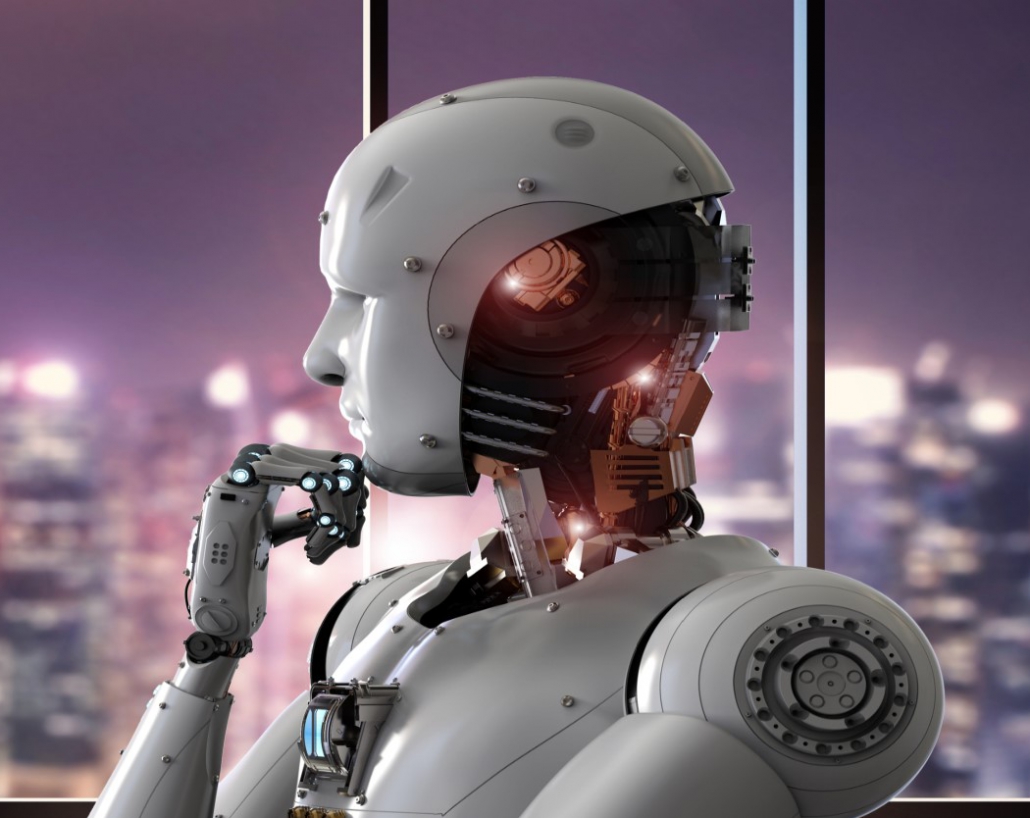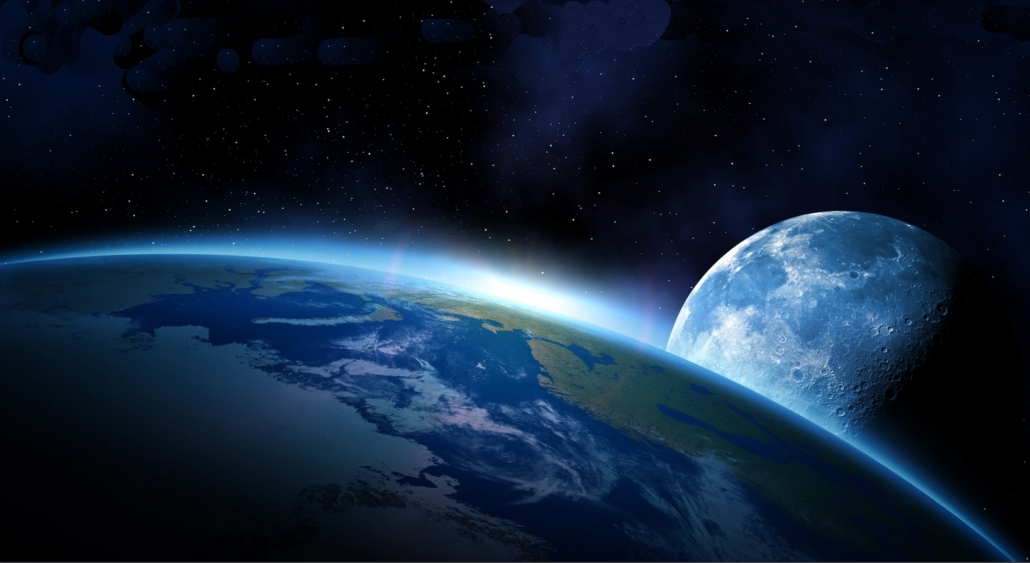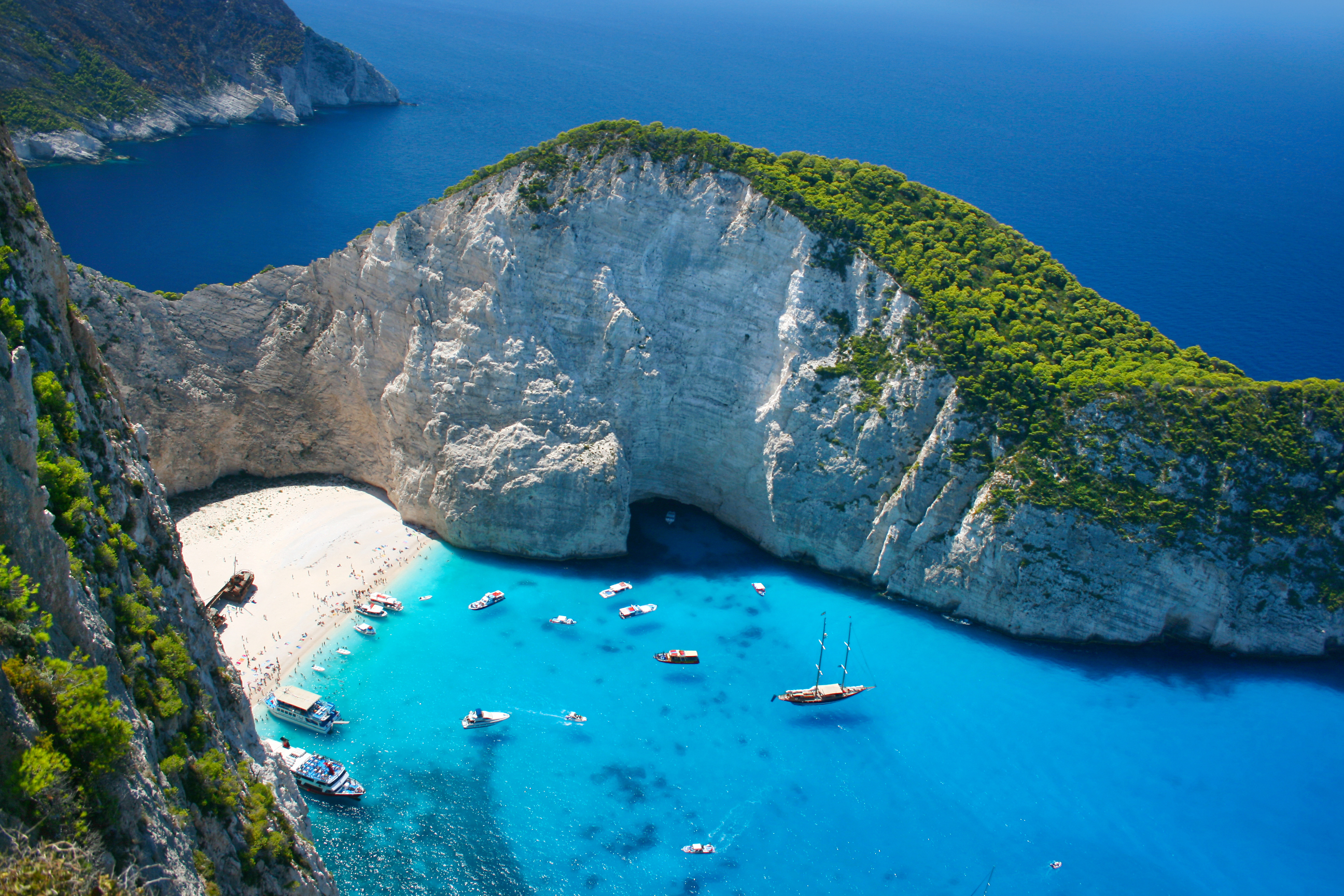What’s on top of my mind these days?
Agentic AI Solutions Development
Humanities biggest achievement
Axel Schultze, my personal opinion about Agentic AI
Exploring the most intense technological shift since the discovery of the flintstone. The flintstone existed long before any predecessors of the homo species. It took millions of years to find a “Use Case”. Today a few weeks to find use cases for AI. Finding use cases and making them work has been my forte since I was 3 years old – I only know from storytelling. This has kept me engaged and passionate since I entered the business world right after my time in the army.
Today’s Agentic AI development is undoubtedly the most intriguing and profound quantum leap in business ever. Like the steam engine and crane, which changed how we value physical power, we are now advancing our intellectual power with AI – if only we use it. Together with quantum computing and neuroscience development, AI is the most crucial advancement in the history of humankind. Those three together, AI, Neuroscience, and quantum physics will generate unimaginable advancements across everything we have ever created before – no exception!!!
- Feel free to follow the evolution of those three in my LinkedIn Pulse newsletter.
World Economics
How to make sense out of it
Axel Schultze, my personal opinion about the world economy.
I look forward to the day when all nations recognize that they can only reach their full potential when all other nations have achieved theirs. I consider it the foundation of modern economics.
Ten billion educated humans can advance humanity farther than a small elite. A market of 10 billion consumers is significantly larger than one of a few hundred million. Why is that? Because Homo Sapiens has a gift to produce more and faster than it can consume. This is probably nature’s best bet to take biological life beyond the lifetime of our planet.
As far as we can see today into the universe, we cannot recognize any intelligent beings. That doesn’t mean that there aren’t any, but if there are, they are still exceptionally rare.
Sailing the med
Circomnavigating the Mediterranean Sea
Axel Schultze, my personal emotion about sailing.
- Sailing is my “pause” button. Once on deck, I switch off like a light switch :)
- Looking forward to sailing our next legs from the most western end of the Mediterranean Sea to the Amalfi coast of Italy. Stopping over in Palma, over to Sardinia, and rounding Corsica, and getting near Elba




